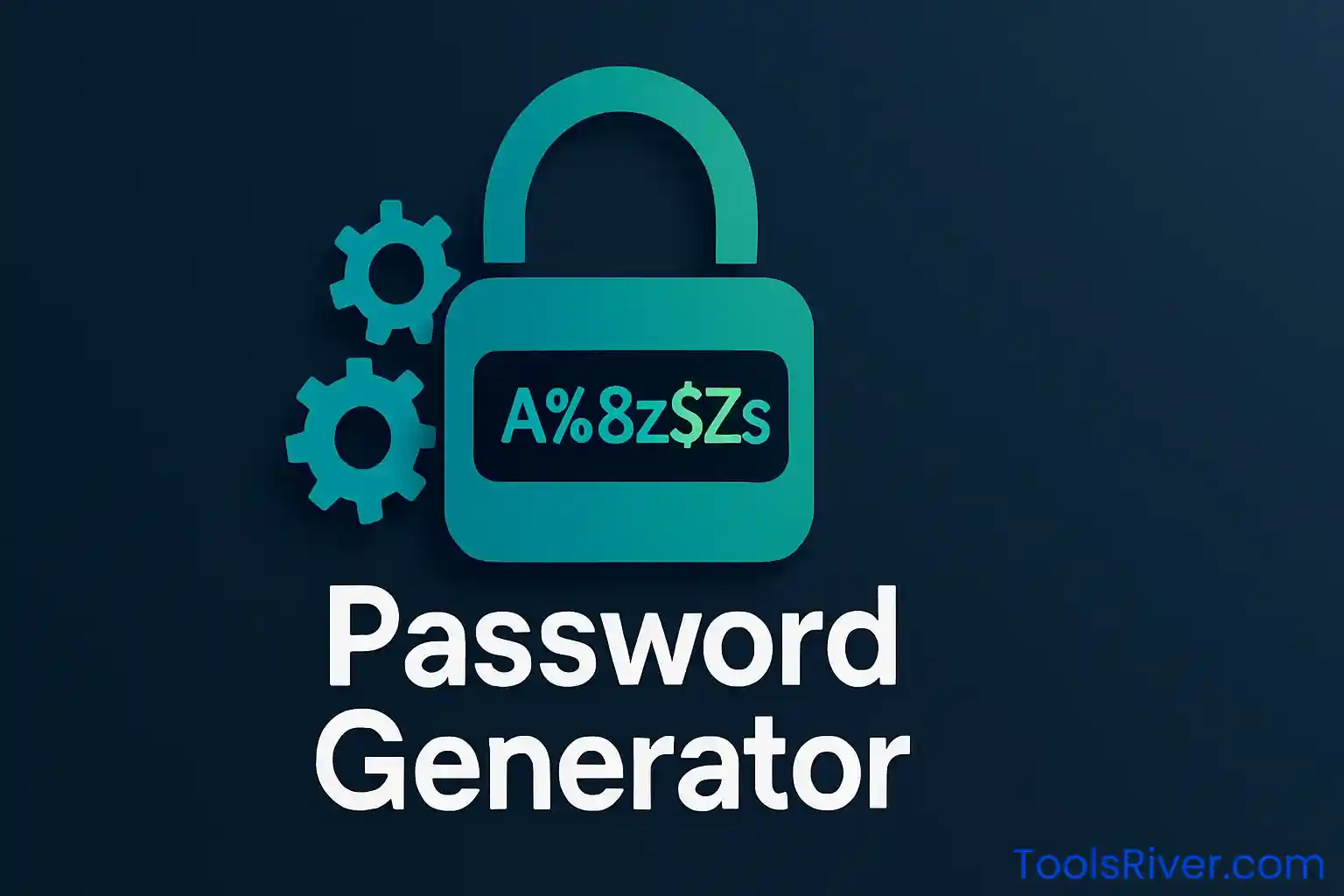UUID Generator
Generate unique identifiers for your applications and databases
What is a UUID?
A UUID (Universally Unique Identifier), also known as GUID (Globally Unique Identifier), is a 128-bit number used to uniquely identify information in computer systems. UUIDs are designed to be unique across all systems and time, making them invaluable for distributed systems, databases, and applications that require unique identification without central coordination.
The standard UUID format consists of 32 hexadecimal digits displayed in five groups separated by hyphens, forming a 36-character string (including hyphens). For example: 550e8400-e29b-41d4-a716-446655440000
UUID Version Comparison
| Version | Generation Method | Use Cases | Uniqueness |
|---|---|---|---|
| UUID v1 | Timestamp + MAC address | Database records, transaction logs | Time-based uniqueness |
| UUID v4 | Random or pseudo-random | Session IDs, temporary files, tokens | Statistically unique |
Benefits of Using Our UUID Generator
Cryptographically Secure
Uses secure random number generation for UUID v4
Mobile Responsive
Works perfectly on all devices and screen sizes
Easy Copy Function
One-click copying for quick integration
Bulk Generation
Generate multiple UUIDs at once for efficiency
Instant Generation
Generate UUIDs instantly without delays
Developer Friendly
Standard format compatible with all systems
Common Use Cases for UUIDs
Database Management: UUIDs are widely used as primary keys in distributed databases where auto-incrementing integers might conflict across different nodes. They ensure uniqueness without requiring coordination between database instances.
API Development: REST APIs often use UUIDs for resource identification, providing security benefits as they're not sequential and harder to guess than incremental IDs. This helps prevent enumeration attacks and unauthorized access attempts.
Session Management: Web applications use UUIDs for session tokens, ensuring each user session has a unique identifier that cannot be easily predicted or duplicated by malicious actors.
File System Operations: Temporary files, cache entries, and backup systems often use UUIDs to avoid naming conflicts and ensure unique identification across different systems and time periods.
Microservices Architecture: In distributed systems, UUIDs provide a way to uniquely identify transactions, requests, and resources across multiple services without requiring central coordination or shared state.
Technical Specifications
UUID Structure
- • Length: 128 bits (16 bytes)
- • Format: 8-4-4-4-12 hexadecimal digits
- • Character Count: 36 characters (with hyphens)
- • Encoding: Hexadecimal representation
Security Features
- • Randomness: Cryptographically secure (v4)
- • Collision Probability: Virtually zero
- • Predictability: Computationally infeasible
- • Standards: RFC 4122 compliant
Frequently Asked Questions
Are UUIDs truly unique?
While theoretically possible, the probability of generating duplicate UUID v4s is so low (about 1 in 2^122) that it's considered practically impossible. For UUID v1, uniqueness is guaranteed by incorporating timestamp and MAC address information.
Which UUID version should I use?
UUID v4 is recommended for most applications due to its simplicity and strong randomness. Use UUID v1 when you need time-based ordering or when the generation time is important for your application logic.
Can UUIDs be used as database primary keys?
Yes, UUIDs make excellent primary keys, especially in distributed systems. However, consider the storage overhead (16 bytes vs 4-8 bytes for integers) and potential performance implications in high-volume scenarios.
Are UUIDs secure for sensitive applications?
UUID v4 uses cryptographically secure random number generation, making them suitable for security-sensitive applications like session tokens, API keys, and authentication systems.










